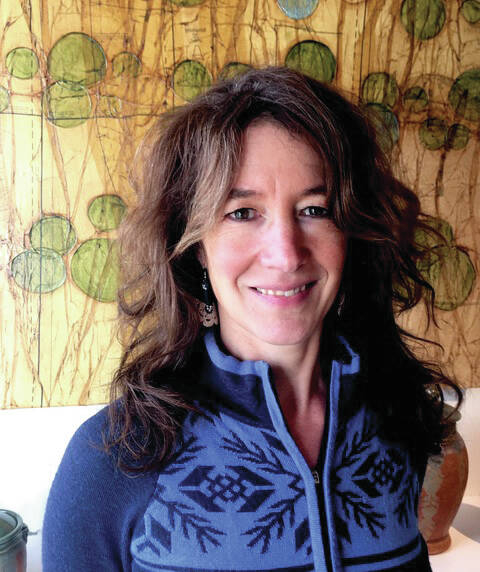There has never been a more important time to elevate histories and experiences which otherwise remain unseen, hidden or overlooked. In the United States, public vitriol and marginalizing of “the other” have picked up a dangerous degree of momentum. As a counter force for good, the arts provide powerful, nuanced and inspiring responses to socio-political conditions. The visual, literary and performing arts, which elevate diverse perspectives — and the nonprofit cultural institutions that house and present them — can help build stronger societies and contribute to better world-building.
When voices are excluded or marginalized, underrepresentation can influence broader cultural narratives and perpetuate inequality. Philanthropists have long supported the arts and cultural programs and institutions; from launching new arts organizations, to investing in individual artists and projects. However, many arts and culture organizations are chronically underfunded.
There are many deserving organizations in Homer’s arts and culture sector. Choosing to contribute to even one that inspires you strengthens the sector as a whole. Philanthropy is essential to weaving the fiber of a strong cultural ecosystem. Funding for the arts can come from national and local governments, corporations, institutional philanthropy, and individual donors.
Often, a lack of public funding heightens the need for arts philanthropy. In the United States, for example, the National Endowment for the Arts received a mere .003% of the federal budget in fiscal year 2020. Philanthropic funding is comparatively higher than public funding: a 2018 study by Grantmakers in the Arts found that 9% of all grants support the arts — but much of this is directed to the largest institutions, many of which already have significant endowments. Individual donors to smaller institutions can make a tremendous difference when added up.
You can foster the diverse ecosystem of arts and culture organizations that defines and enlivens Homer. In Alaska, COVID-19 impacted creative economy businesses with a loss of $130 million in revenue. In addition, 42% of all creative workers in Alaska became unemployed (4,968 people) as of July 2020, according to the Brookings Institute. Alaska is still in recovery from that — many institutions are trying to grow back, and provide services to individuals, schools, and specific community demographics. All of Homer’s cultural organizations: Homer Council on the Arts, Kenai Peninsula Orchestra, Pier One Theatre, the Pratt Museum, and Bunnell Street Arts Center, offer opportunities for creative renewal. Each of these organizations are mission-driven and depend on philanthropic support.
A culture of philanthropy can fill many gaps. On a fundamental level, within Homer, and across Alaska and the U.S., philanthropy helps weave strong communities. Philanthropy provides opportunities for individuals to show their support of cultural institutions and community stewardship. In many parts of the world, taxes fund cultural institutions at a much higher level than in the U.S. In Alaska, where there’s no state income tax and we receive an annual dividend just for living here, we each have a discretionary fund to support the social, physical, and economic fiber of our community and our state. Whether or not you choose to share your Alaska Permanent Fund dividend, your involvement is deeply needed. You can help shape a culture of inclusion, a community of caring and respect for the many ways we foster strength, dignity, inspiration, and hope.
Asia Freeman is artistic director of Bunnell Street Arts Center. She is president of Alaska Arts and Culture Foundation and serves on the Board of National Performance Network and the Steering Committee of Homer MAPP.
Nonprofit Needs
Homer Council on the Arts is looking for locker or water resistant cubby or storage for our ceramics studio. Please contact HCOA at 235-4288 or hcoa@homerart.org.

